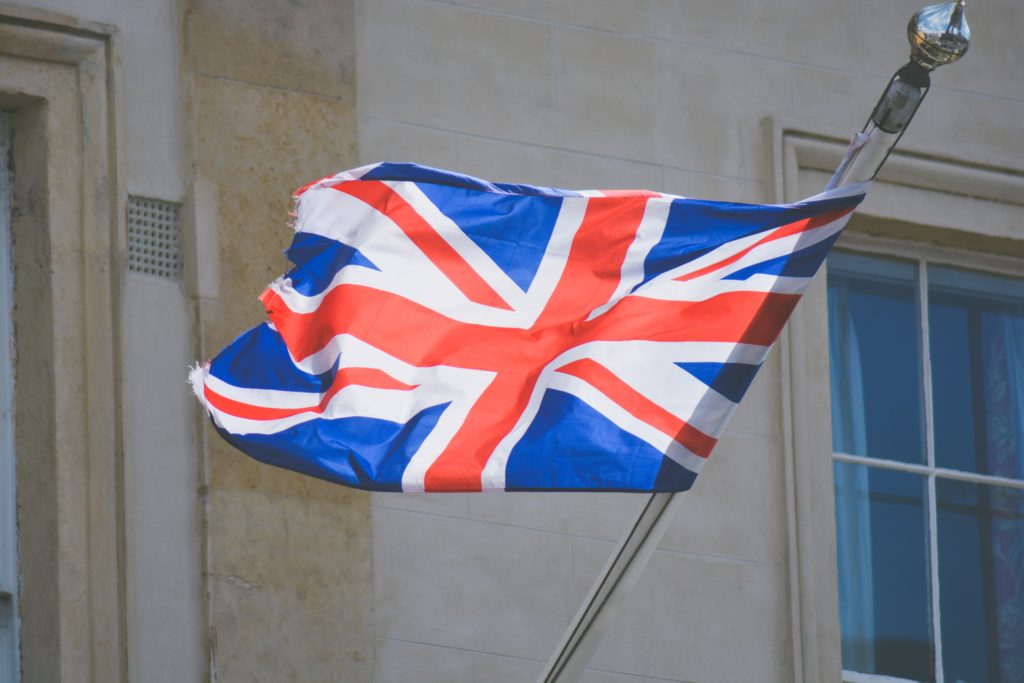Brexit: a value play or value trap?
The U.K. is a mess. That may be good for investors.
Advertisement
The U.K. is a mess. That may be good for investors.

Share this article Share on Facebook Share on Twitter Share on Linkedin Share on Reddit Share on Email